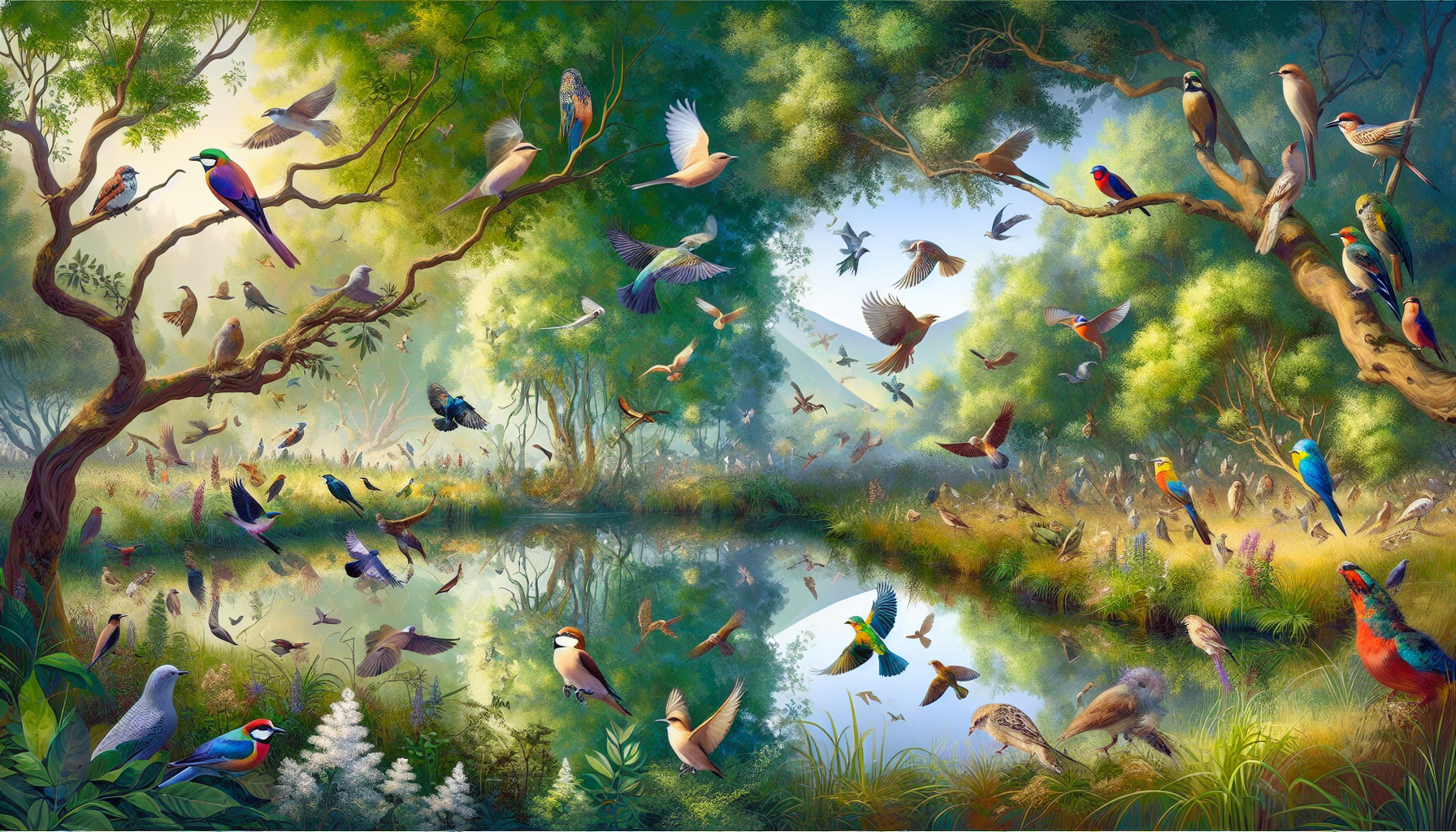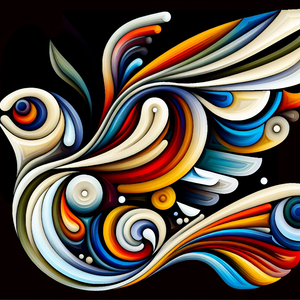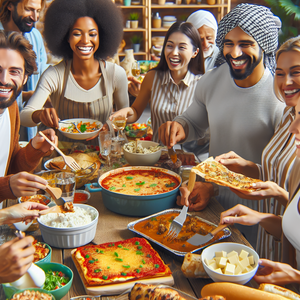The Brand of Diddy: How Marketing and Image Shape Wealth

At the heart of Diddy's remarkable success is an acute awareness of personal branding. He has crafted a larger-than-life persona defined by confidence, charisma, and an unyielding drive for success. This image not only attracts fans but also garners the interest of investors and collaborators. Diddy’s branding transcends conventional marketing; it is a meticulously constructed narrative that resonates deeply with audiences across the globe. A prime illustration of this is Diddy’s signature catchphrase, “Can’t Stop, Won’t Stop,” which embodies his ethos of perseverance and ambition. This mantra has become synonymous with his brand, inspiring countless individuals and reinforcing his image as an unstoppable force in music and business. By aligning his personal journey with his brand identity, Diddy has forged an emotional connection with his audience, increasing the likelihood that they will support his ventures.
Leveraging Celebrity Culture
Diddy has masterfully capitalized on the celebrity culture that defines the entertainment industry. His ability to maintain relevance across decades highlights his keen marketing instincts. He has deftly transitioned from music to fashion, alcohol, and other ventures, consistently finding ways to integrate his image into his business pursuits. A notable example of this is Diddy’s partnership with Ciroc vodka. By positioning himself as the brand's face, he not only elevated Ciroc’s profile but also transformed it into a cultural sensation. Diddy's promotional efforts—often featuring high-profile parties and collaborations with other celebrities—created substantial buzz, significantly boosting sales. This strategic alignment between his personal brand and Ciroc exemplifies how Diddy harnesses celebrity culture to enhance business ventures.
Innovative Marketing Campaigns
Diddy’s marketing acumen is further demonstrated through his innovative campaigns that often blur the lines between advertising and entertainment. His adept use of social media and digital platforms has facilitated direct engagement with his audience in real-time. Campaigns that showcase visually striking advertisements or engaging content have proven effective in capturing attention and driving consumer interest. For instance, his “Diddy’s 12 Days of Christmas” social media campaign invited fans to participate in a holiday giveaway, showcasing not just products but also Diddy’s persona as a generous and relatable figure. This approach not only reinforced his brand but also fostered a sense of community among his followers, creating a loyal customer base eager to engage with his ventures.
The Role of Collaborations
Collaborations have been a cornerstone of Diddy’s marketing strategy. By partnering with other artists, brands, and influencers, he has tapped into new audiences and bolstered his brand visibility. His work with iconic artists like Notorious B.I.G. and contemporary collaborations with stars such as Bad Bunny illustrate how strategic partnerships can amplify brand reach. Moreover, Diddy’s alliance with fashion brands, including his Sean John line, showcases how collaborations can yield mutually beneficial outcomes. These partnerships not only enhance his profile but also generate significant revenue streams, demonstrating that the right collaborations can create substantial value and drive success.
Diddy’s evolution from a music producer to a business mogul exemplifies the transformative power of effective marketing and personal branding. Through the creation of a compelling narrative, leveraging celebrity culture, executing innovative marketing campaigns, and embracing collaborations, he has built a financial empire that extends far beyond music. Diddy’s image is not merely a reflection of his success; it is a potent tool that continues to shape his wealth and influence within the industry. As he advances into the future, his journey serves as a crucial reminder of the significance of branding in today's interconnected world, where image and marketing often play as pivotal a role as the products themselves. Diddy’s story is a testament to how the right marketing strategies can elevate not just a brand but also create lasting wealth and impact.
Brand Strategist
Marketing agencies, consumer goods companies (e.g., Procter & Gamble), tech startups
Core Responsibilities
Develop and execute comprehensive brand strategies that align with business objectives.
Conduct market research to identify consumer insights and competitive landscape.
Collaborate with cross-functional teams to ensure brand consistency across all platforms.
Required Skills
Strong analytical skills with experience in market research and data analysis.
Excellent communication and presentation skills for conveying brand vision.
Knowledge of digital marketing trends and consumer behavior.
Social Media Marketing Manager
Entertainment companies, fashion brands (e.g., Fashion Nova), lifestyle brands
Core Responsibilities
Create and manage social media campaigns that enhance brand visibility and engagement.
Analyze performance metrics to optimize content and strategies in real-time.
Collaborate with influencers and brand ambassadors to amplify reach and credibility.
Required Skills
Proficiency in social media platforms (e.g., Instagram, TikTok) and analytics tools.
Strong creative writing and content creation skills.
Experience in community management and customer engagement strategies.
Influencer Marketing Specialist
Digital marketing agencies, lifestyle brands (e.g., Glossier), tech companies
Core Responsibilities
Identify and build relationships with influencers that align with the brand’s target audience.
Develop and execute influencer campaigns to boost brand awareness and drive sales.
Monitor campaign performance and analyze ROI to inform future strategies.
Required Skills
Strong understanding of social media trends and influencer dynamics.
Exceptional negotiation and communication skills to foster partnerships.
Project management skills to handle multiple campaigns simultaneously.
Public Relations Manager
Public relations firms, corporate communications departments, nonprofit organizations
Core Responsibilities
Develop and implement PR strategies to enhance brand image and media presence.
Write press releases, pitch stories, and manage media relations.
Coordinate events and campaigns that promote brand initiatives and community engagement.
Required Skills
Strong writing and editing skills with experience in media communications.
Excellent organizational skills and the ability to manage multiple projects.
Experience in crisis management and proactive media outreach.
Event Marketing Coordinator
Event management companies, marketing agencies, corporate brands (e.g., Red Bull)
Core Responsibilities
Plan and execute promotional events that showcase the brand and engage target audiences.
Collaborate with vendors, sponsors, and internal teams to ensure successful event execution.
Analyze event performance and gather feedback for continuous improvement.
Required Skills
Strong organizational and multitasking abilities to manage event logistics.
Excellent interpersonal skills for liaising with stakeholders and attendees.
Creativity in designing engaging and memorable event experiences.


